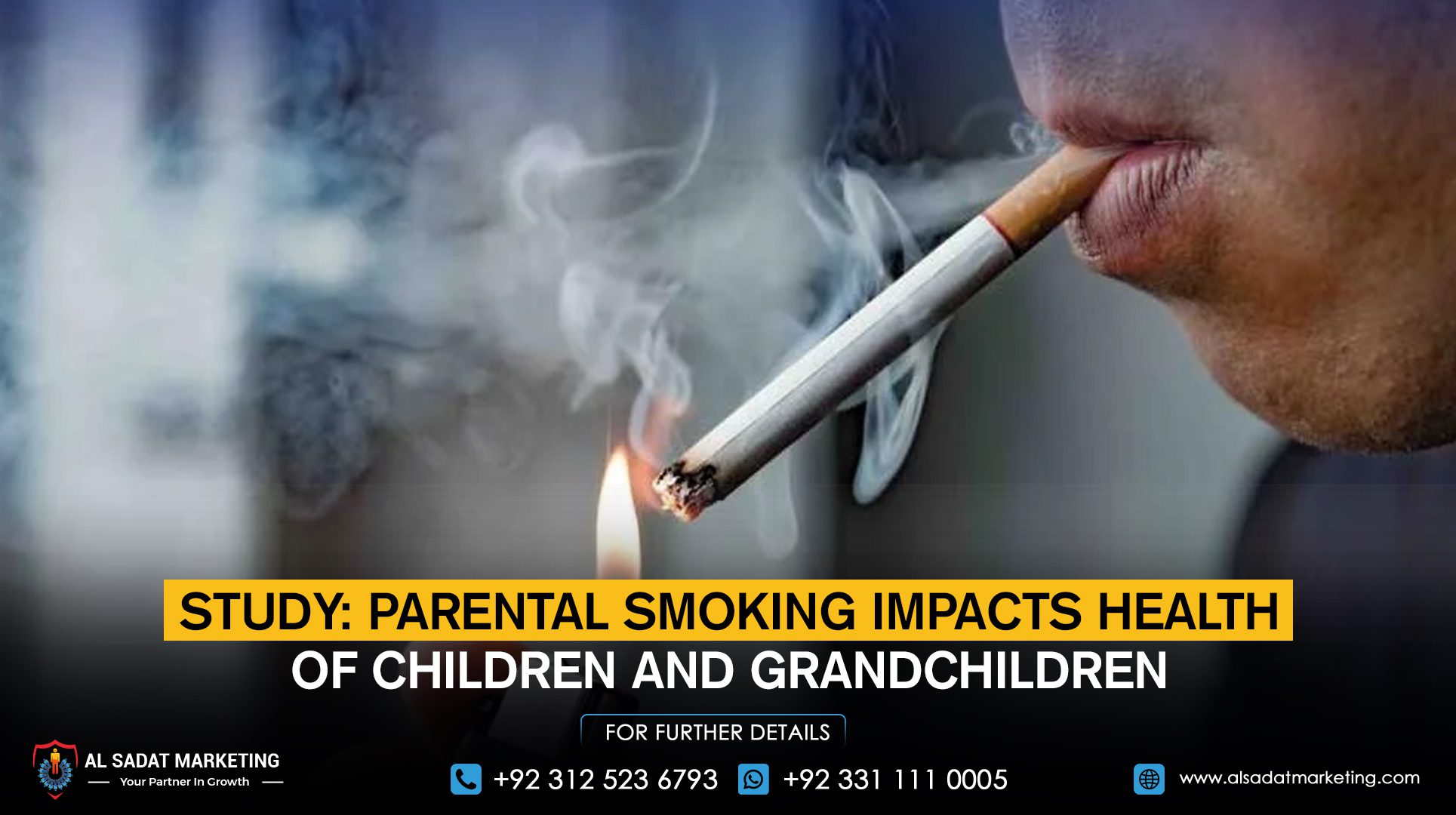A new study has revealed that children exposed to their parents’ cigarette smoke may unknowingly pass on lung damage to their own children and grandchildren, increasing the risk of chronic respiratory diseases in future generations.
Published in the medical journal Thorax, the research warns that passive smoking is not only harmful to children’s immediate health but can also affect their descendants. The study urges parents, especially fathers, to avoid smoking around children to prevent long-term respiratory risks.
Researchers from the University of Melbourne conducted the study using data from more than 8,000 participants in the Tasmanian Longitudinal Health Study, one of the world’s largest respiratory health projects. Spirometry tests were used to measure lung function, and the results showed a clear link between exposure to second-hand smoke during childhood and reduced lung capacity in children and grandchildren.
The findings also showed that offspring of smokers had a higher chance of developing chronic obstructive pulmonary disease (COPD), a serious lung condition that causes around 3 million deaths worldwide every year.
Experts stressed that reducing children’s exposure to cigarette smoke is vital, as the harmful effects can last for generations. Researchers noted that smoking around children does more damage than previously understood, making it essential for parents to adopt smoke-free environments at home.
The study serves as a strong reminder that protecting children from second-hand smoke is not only about safeguarding their present health but also about ensuring healthier futures for generations to come.










